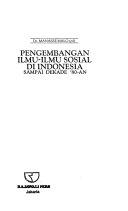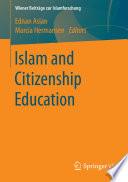
Pengantar Manajemen Keuangan
Diandra Kreatif
Dalam membuat setiap keputusan keuangan harus dipertimbangkan trade off antara resiko dan keuntungan yang terikat pada setiap keputusan dan mempengaruhi nilai perusahaan ( Value of the firm ). Resiko dan profitabilitas ditentukan oleh skala perusahaan, jenis peralatan operasional, proporsi hutang dengan sumber pembiayaan, posisi likuiditas, dll. Resiko tinggi maka keuntungan juga tinggi atau sebaliknya. Buku ini menguraikan perihal manajemen keuangan secara singkat dari berbagai penyelesaian contoh kasus keuangan tidak hanya di Indonesia, namun juga di India dan amerika serikat. Penulis berharap agar kehadiran buku ini dapat menjadi literatur mata kuliah manajemen keuangan di perguruan tinggi, serta dapat digunakan oleh para pembaca secara luas yang ingin mempelajari manajemen keuangan perusahaan.
- ISBN 13 : 6023364322
- ISBN 10 : 9786023364329
- Judul : Pengantar Manajemen Keuangan
- Sub Judul : Diandra Kreatif
- Pengarang : Dadang Prasetyo Jatmiko, Dadang Prasetyo Jatmiko, Dadang Prasetyo Jatmiko, Dadang Prasetyo Jatmiko, Dadang Prasetyo Jatmiko, Dadang Prasetyo Jatmiko,
- Penerbit : Diandra Kreatif
- Bahasa : id
- Tahun : 2017
- Halaman : 160
- Google Book : https://play.google.com/store/books/details?id=rnwtDwAAQBAJ&source=gbs_api
-
Ketersediaan :
Dalam membuat setiap keputusan keuangan harus dipertimbangkan trade off antara resiko dan keuntungan yang terikat pada setiap keputusan dan mempengaruhi nilai perusahaan ( Value of the firm ).









